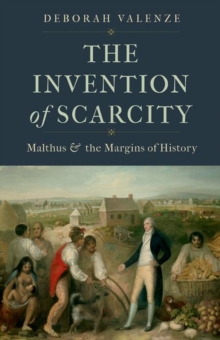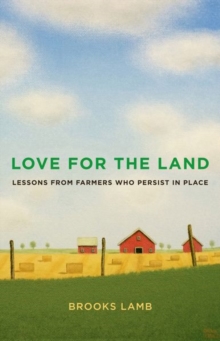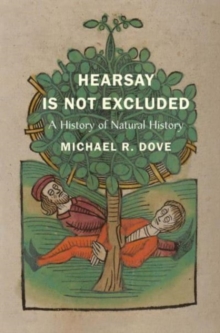
From Land to Mouth : The Agricultural "Economy" of the Wola of the New Guinea Highlands PDF
by Sillitoe Paul Sillitoe
Part of the Yale Agrarian Studies Series series
Description
Among the Wola people of Papua New Guinea, our category economy is problematic. Distribution is unnecessary; the producers of everyday needs are the consumers: produce goes largely “from land to mouth” – with no implication that resources are scarce. Yet transactions featuring valuable things -- which are scarce -- are a prominent aspect of life, where sociopolitical exchange figures prominently. The relationship –- or rather the disconnection –- between these two domains is central to understanding the fiercely egalitarian political-economy. In this detailed investigation of a Highland New Guinea agricultural ‘economy’ and acephalous political order—the most thorough inquiry into such a tropical subsistence farming system ever undertaken—esteemed anthropologist Paul Sillitoe interrogates the relevance of key economic ideas in noncapitalist contexts and challenges anthropological shibboleths such as the “gift.” Furthermore, he makes a reactionary-cum-innovative contribution to research methods and analysis, drawing on advances in information technology to manage large data sets.
Over a span of more than three decades, Sillitoe has compiled a huge body of ethnography, gaining unprecedented insights into Highlands’ social, economic, and agricultural arrangements. He uses these here to illuminate economic thought in nonmarket contexts, advancing an integrated set of principles underpinning a stateless-subsistence order comparable to that of economists for the state-market. Sillitoe’s insights have implications for economic development programs in regions where capitalist assumptions have limited relevance, following his advocacy of development interventions more respectful of existing social orders.
Information
-
Download - Immediately Available
- Format:PDF
- Pages:512 pages
- Publisher:Yale University Press
- Publication Date:27/07/2010
- Category:
- ISBN:9780300162950
Information
-
Download - Immediately Available
- Format:PDF
- Pages:512 pages
- Publisher:Yale University Press
- Publication Date:27/07/2010
- Category:
- ISBN:9780300162950










